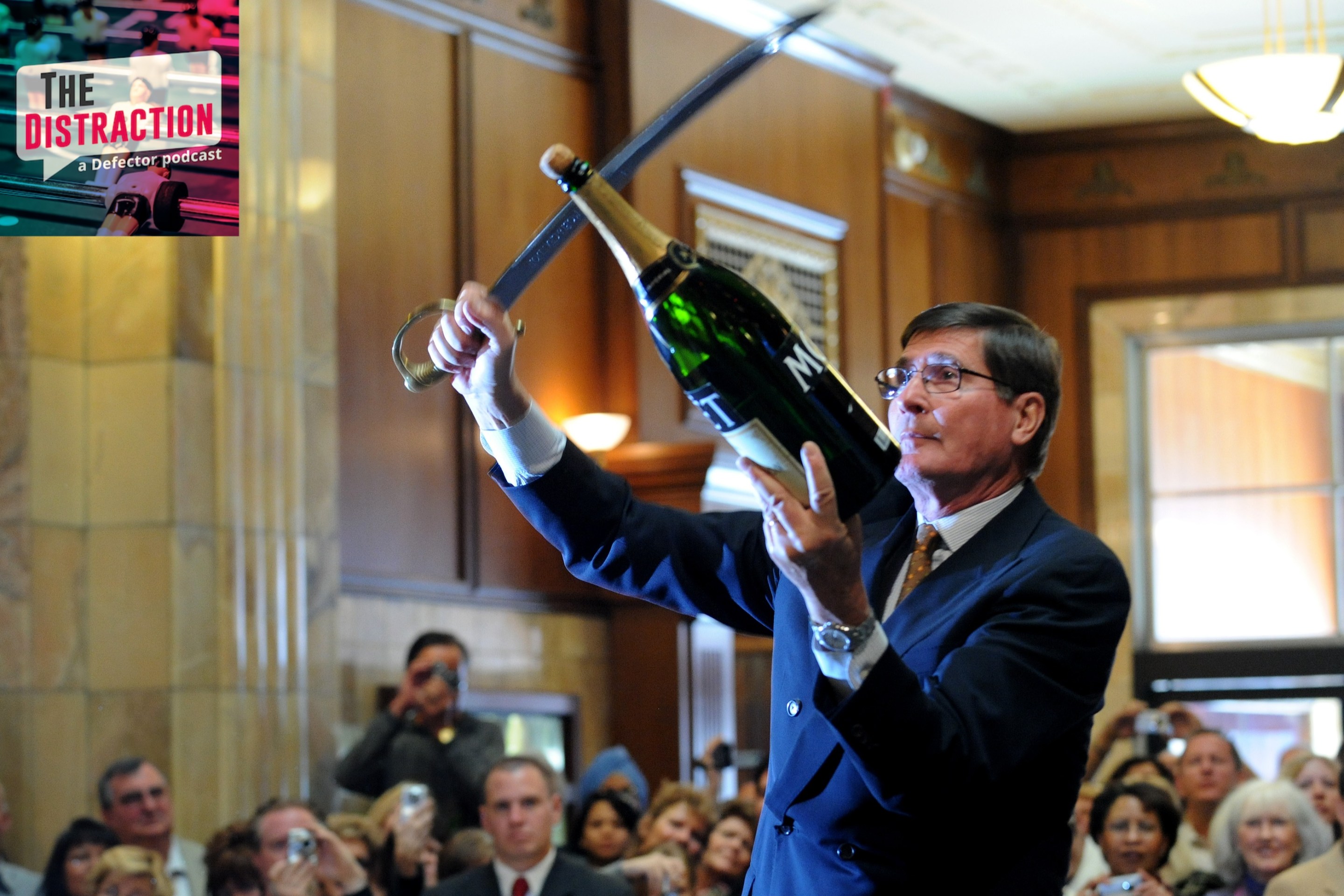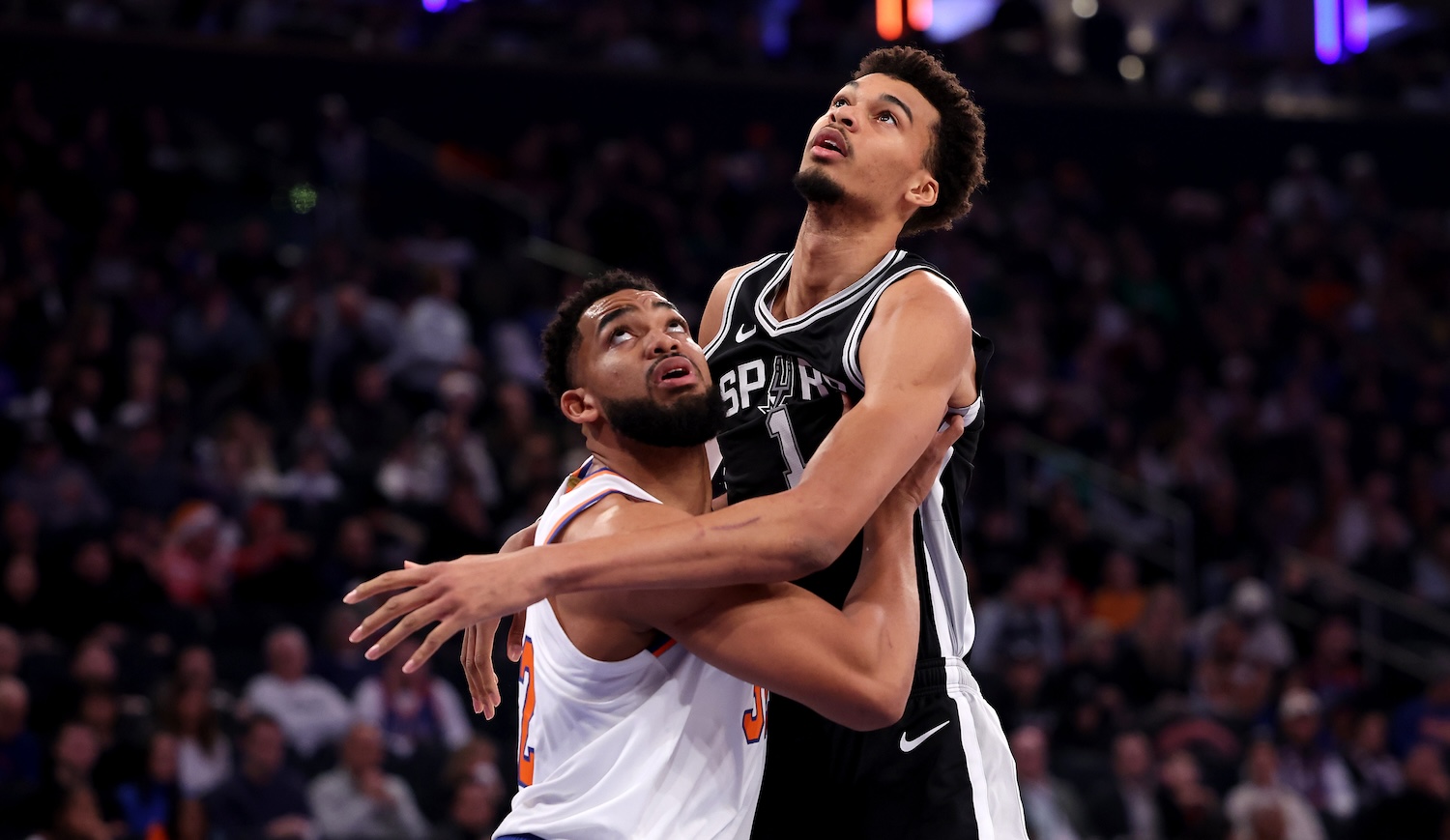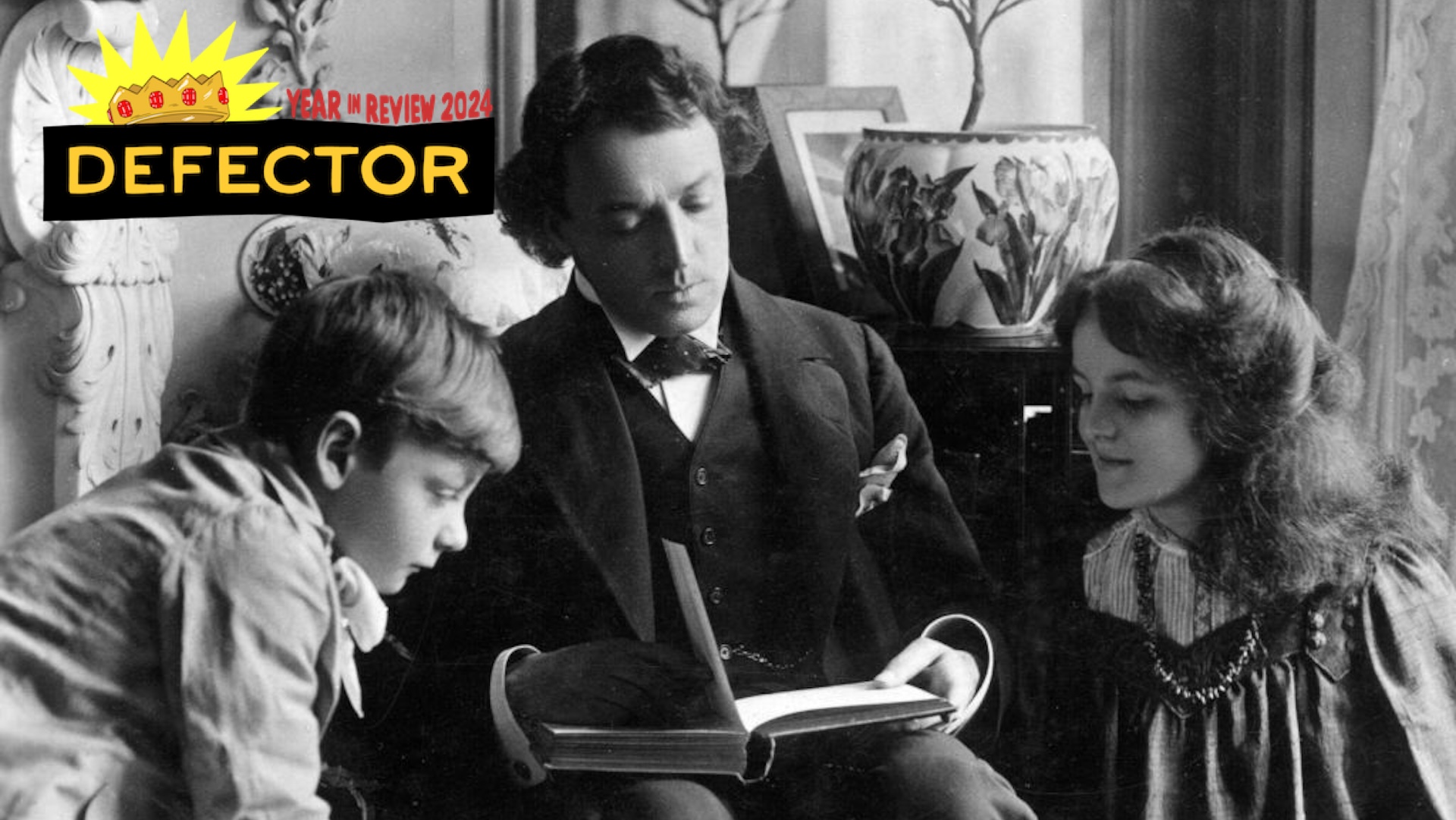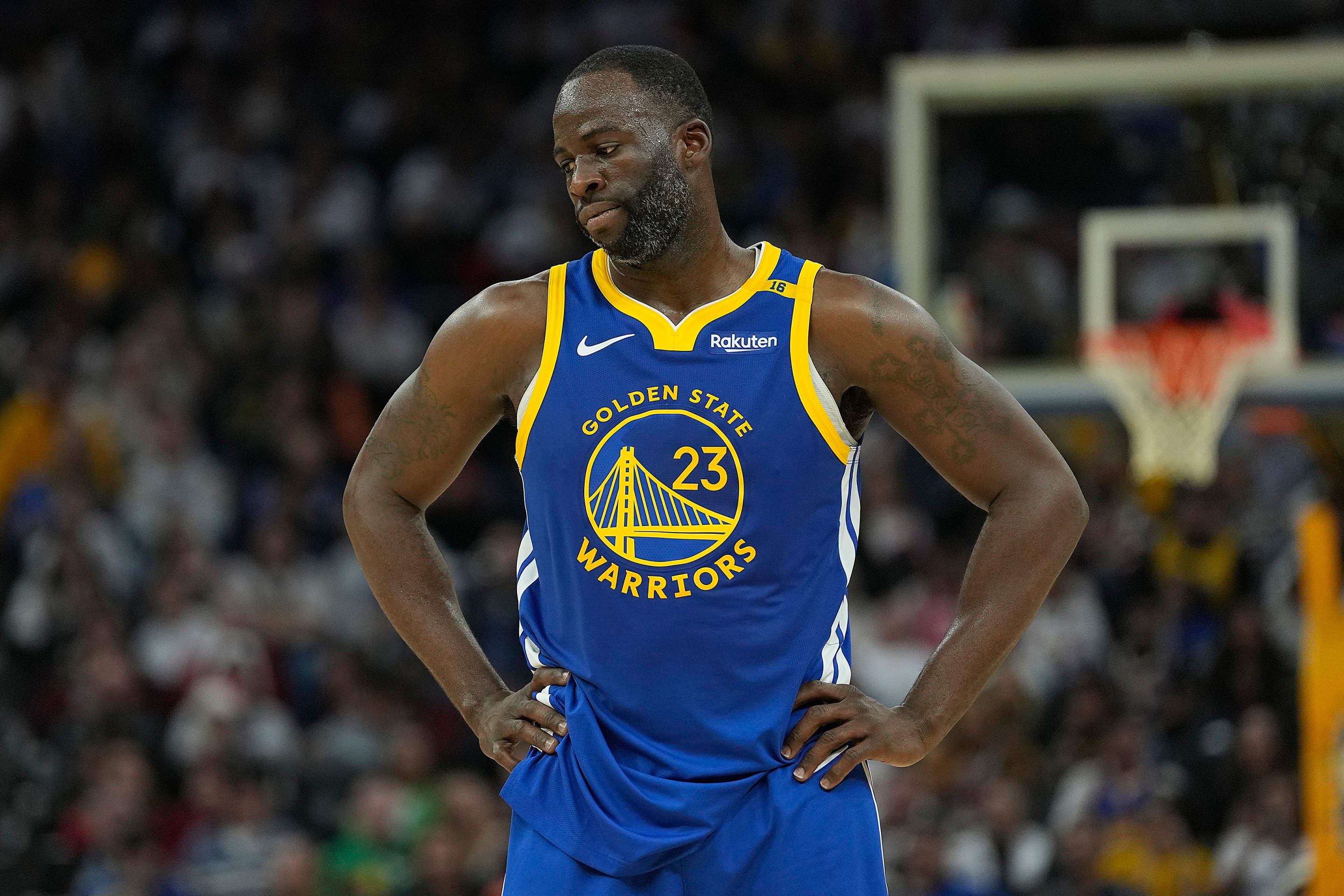Before Grant Wahl left to cover the 2022 World Cup in Qatar, he headed down to the storage space of his apartment building in New York City and retrieved a paper he’d written in college. It’d become a habit to revisit the piece before going on a big assignment, says Wahl’s Sports Illustrated colleague Alex Wolff, who co-edited, along with fellow SI alum Mark Mravic, the stellar new anthology of Wahl’s journalism, World Class: Purpose, Passion, and the Pursuit of Greatness On and Off the Field. Wahl wrote the story as an undergraduate in John McPhee’s legendary creative non-fiction course at Princeton. It was a profile of former New York Times war correspondent Gloria Emerson. In revisiting the story, Wahl was performing, as Wolff put it, "a rite that was partly an act of devotion and partly a renewal of vows."
Emerson had also been one of Wahl’s teachers at Princeton, and over the years she became a mentor and friend. He brought her jelly doughnuts and Marlboros on Sunday mornings, changed light bulbs as she recovered from a broken leg, and wrote his senior thesis in her apartment. After covering the war in Vietnam in the early '70s, the trauma of that time would not leave her alone. Emerson intimidated many of her students, dismayed by their sense of apathy toward Vietnam. "She was stuck in that place of hurt," says Céline Gounder, who was Wahl’s girlfriend at the time and later became his wife. "And you felt it when you talked to her. You were talking to someone in mourning."
Emerson preferred serious people and challenged Wahl, a young, working-class student from the Midwest, by handing him one of the worst grades he received at Princeton. Wahl would recall the bad grade with pride. "Grant wasn’t there to strut through college unscathed," says Wolff. "Emerson goaded him. He realized that being tested is what the relationship was about."
The story Wahl wrote about this haunted, principled woman—who once scolded John and Yoko Lennon for their anti-war demonstrations, labeled Eleanor Coppola "an ignorant woman quite comfortable with her ignorance" in her review of Notes, and once cleared away a crowd of gawkers hounding her old friend Jackie Kennedy on the Upper East Side with a few pointed words—impressed guest professor David Remnick, filling in that year for McPhee. He wrote at the top of the paper, "Grant. This is splendid, among the very best student papers I’ve ever seen. Bravo."
"It’s not every day you come across someone like Grant," says Remnick. "In the little teaching that I’ve done, it’s what you get out of bed for—a student that just wants to be led: What should I read, what should I do?"
Wahl already knew he wanted to be a sportswriter, and that more meaningful stories existed beyond the box scores. Emerson played a large part in that. "Knowing how important she was in shaping his career, and how important that piece was in terms of Remnick’s feedback," says Gounder, "it really set the tone for what he wanted to do in terms of his writing. It’s a combination of both Gloria and Remnick."
Wahl wouldn’t get another chance to perform the rite of revisiting that story. He suffered a ruptured aortic aneurysm while covering the World Cup on Dec. 9, 2022 and died in Qatar, barely a week after his 49th birthday.
Wahl’s college profile of Emerson is better than most professional ones you’ll encounter, and Wolff and Mravic had the good sense to include it in World Class, their anthology of Wahl’s oeuvre. The collection includes cover stories and profiles as well as bootleg classics, such as Wahl’s critique of legendary Princeton basketball coach Pete Carril. It works as a survey of a journalist who adapted to seismic industry changes—and the headnotes to each piece provide tantalizing insights into journalistic sausage-making. If Wahl arrived at SI with dreams of becoming the next Frank Deford, he proved nimble and tacked accordingly. "A survival mechanism kicked in," says Wolff, as Wahl embraced writing online and, later, podcasting, "and excelled at them all."
When he arrived at the magazine in late 1996 as a fact-checker, Wahl made an immediate impression. Chris Stone, who worked with Wahl for 23 years, and eventually ran the magazine, remembers Wahl’s visible and public confidence. "A lot of people come to SI, even the best writers, and have a muted confidence. Grant didn’t give any indication that he was the least bit intimidated by his surroundings."
Despite his conviction, Wahl was not some sharp-elbowed Sammy Glick. He showed great sensitivity in his 2003 cover story of LeBron James, and kept in touch with James over the years. "Do you think we’re overhyping these kids and putting too much pressure on them?" he once asked his older brother, Eric. Wahl kept this in mind when profiling the young soccer sensation Freddy Adu, who never lived up to his early billing.
He wrote about Adu in 2004 after the phenom signed with DC United and became the highest-paid player in MLS. Wahl ended the piece by writing, "Are we ready for Freddy? And more to the point, is Freddy ready for us?"
In 2020, according to an introductory headnote in the book, Wahl interviewed Adu for an eight-part podcast series, American Prodigy. "Do I owe you an apology?" he asked Adu, who laughed and didn't answer the question. Wahl wondered in that podcast: "Did I do enough to temper everyone's expectations? Was I blinded by our obsession with sports prodigies? These questions still hit me when we mark the anniversary of my LeBron James cover story. People congratulate me for me. And sometimes I tell him, 'Thanks, but I did our Freddy Adu stories, too.'"
Wahl started on the college basketball beat—led by Wolff, a fellow Princetonian—but soccer became his domain. A couple of years after he arrived at SI, Wahl found himself at the 1998 World Cup in France writing the lead piece. After the U.S. was eliminated, Wahl made a case that the World Cup should be the cover story.
The cliché at SI was that soccer was the sport of the future and always will be. More than anything, SI was a football magazine, even in the middle of summer; their readership was in their mid-40s, and each year that number rose. Wahl didn’t care. "Everybody is going to lobby for their story," says Mravic, "but it was unusual for a writer of his junior status. I think it surprised some people how vehement he was, with no concern for his place in the pecking order, when he felt his cause was just."
The antipathy toward the game from many of the magazine’s older readers, as well as senior management, didn’t deter Wahl. "At best it was viewed as a novelty by the people who made decisions about the magazine," says Stone. "Frank Deford, who Grant had a great deal of respect for, routinely used his NPR platform to discredit the game. It was odd to hear Frank bothered by something as much as he was genuinely bothered by people’s interest in soccer. That drove Grant crazy."
Wahl had a legitimate fight in his early days covering the game at the magazine. According to Stone, SI never had a top editor "who was deeply knowledgeable about the game," noting they weren’t all contemptuous, rather possessed "varying degrees of ignorance and indifference." That gave Wahl the ability to own the subject without having to deal with editors who pretended to know more about it than he did. "Top editors and the institution were taking their cues from Grant," says Stone.
Following the path of SI football writers Peter King and Dr. Z, Wahl embraced writing for SI.com when many senior writers disdained the digital product. "Soccer took off in the U.S. because of the internet," says Mravic. Wahl could work with a single editor on a digital piece instead of the customary seven or eight for a print article. And he could speak more directly to the reader.
Soccer became his great cause and his journalistic trademark. It was a way for him to see the world. "We grew up with relatively humble means," says Eric Wahl. "A lot of our classmates went on fabulous vacations; we weren’t able to do that." More than pure wanderlust, traveling the globe and writing about soccer gave him a chance to understand cultures, politics, and people.
"He was ridiculously generous,” says Mravic, "organizing watch parties with people from the journalism world, former players, podcasters. It wasn’t until he died that it became apparent the breadth of his impact on people from all over the place—interns he helped, foreign journalists. He shared his expertise and contacts. Part of it was that he wanted to grow the game, but it also was a sense of noblesse oblige."
He liked to please people, says his wife, and had no interest in writing needlessly critical stories. "He would give people the opportunity to vent if they were upset with a story," she says. "He had many conversations where people would be super pissed off. He’d reach out behind the scenes and say, 'I’d love to talk about it and hear how you feel.' He was good at mending those rifts, to the extent that you can. He treated people like people."
Wolff recalls Wahl’s sense of purpose, calling him "guileless and earnest. He’s the guy from suburban Kansas City who wanted to shed light and call out injustice." Wahl championed the women’s game, wrote about equal pay for the women’s national soccer team, and wore a rainbow soccer ball T-shirt in Qatar that got him detained by officials. FIFA later apologized and in a Substack post, Wahl wrote, "The entire episode left me wondering: What’s it like for ordinary Qataris who might wear a rainbow shirt when the world isn’t watching here? What’s that like?"
Social activism may not have defined Wahl, but it lay at the core of his being and his work. There is little doubt that he would have made Gloria Emerson proud. In World Class, an entertaining, fitting tribute, his mission rings true and will not soon be forgotten.





